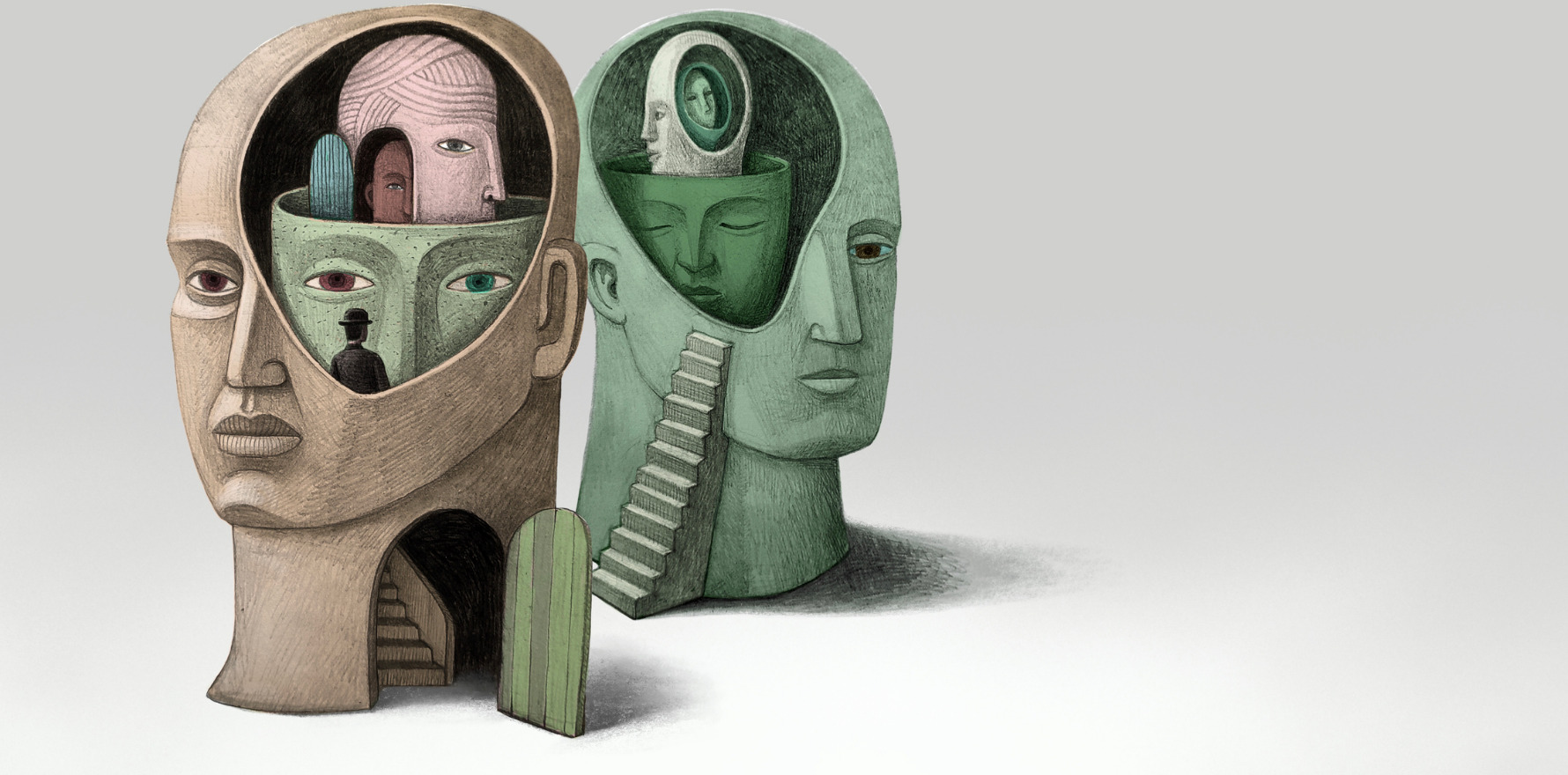We hear from the study authors as to what it means for our patients.
People with systemic autoimmune rheumatic diseases have a significantly higher rate of neuropsychiatric symptoms than the general population, according to a large international study of patients and clinicians.
The study, published in Rheumatology, also found that the self-reported prevalence of neuropsychiatric symptoms in SARDs patients was far greater than that estimated by clinicians.
The most common symptoms were fatigue (89%), insomnia (76%) and cognitive dysfunction (70%). Using validated instruments, 55% of patients had depression and 57% had anxiety.
“When I saw the initial findings of our study, I was very surprised”, co-author Dr Chris Wincup told Rheumatology Republic.
“Like many of us, I thought I had a relatively good idea of the prevalence of these symptoms but was astonished at the frequency of many of them. This prompted me to ask about these symptoms in my own practice and the answers really did reflect what we had found,” said Dr Wincup, a consultant rheumatologist at King’s College Hospital London.
The study surveyed over 1800 SARDs patients and almost 300 clinicians (rheumatologists, neurologists, psychiatrists and primary care physicians), with almost 500 controls from the general population. In-depth interviews were conducted with around 100 participants.
SARD groups included lupus, inflammatory arthritis, vasculitis, Sjögren’s syndrome, polymyalgia rheumatica, undifferentiated connective tissue disease, myositis and systemic sclerosis. Patients with lupus and undifferentiated connective tissue disease had the highest prevalence of neuropsychiatric symptoms and patients with polymyalgia rheumatica had the lowest.
Clinicians underestimated the prevalence of all neuropsychiatric symptoms in patients, with psychiatrists’ estimates the closest to patient self-reports.
“Patients were unanimously unsurprised when shown the large differences between patients and clinician estimates, stating it was because clinicians didn’t always ‘ask’ or ‘listen’ and/or ‘believe’ [multiple patients said]. In contrast, most clinicians expressed surprise and concern,” wrote the authors.
Factors contributing to under-identifying neuropsychiatric symptoms include limited training and/or knowledge of the symptoms and limited access to multi-disciplinary teams; perceived subjectivity of some symptoms and limited availability and accuracy of objective testing; and failure to prompt patients about symptoms or report those mentioned.
“This research highlights the importance of greater use of patient reported outcomes measures (PROMs) for subjective symptoms which can only be evaluated by the patient, such as headache and fatigue,” wrote the authors.
There was a huge disparity between patients’ and clinicians’ perceptions of prompting for neuropsychiatric symptoms. Most patients (74%) said they were rarely or never asked about symptoms, whereas only 4% of clinicians said they rarely or never asked about symptoms.
The authors noted, “This difference was discussed in interviews with some participants surmising that clinicians may have counted a general ‘how are you?’ as having asked the patient about their [mental health], whereas patients were expecting more specific questions as a follow-up to their – often polite and non-informative – initial response: ‘No-one asks probing questions, “I’m fine” type answers aren’t questioned’ [said one patient]”.
A final factor in the under-identification of neuropsychiatric symptoms was the difficulty of describing them and a lack of clear and shared terminology – in the surveys, patients and clinicians were provided with identical lay descriptions of the symptoms.
One limitation of the study was that clinician participants were recruited via social media and may not be representative of the whole clinician population. And those who chose to take part in a survey to benefit patients may have had a more patient-centred outlook.
The authors noted that there was “optimism for the future”, with clinicians highly motivated to improve neuropsychiatric care in SARD patients, as was reflected in measures taken by Dr Wincup following the study.
“I think one of the challenges for me as a rheumatologist is that I have relatively little training in the management of several neurological, and particularly psychiatric symptoms. As a direct result of the findings of this study, we have set up a neuropsychiatric lupus multidisciplinary team, where I am joined by colleagues from neurology and neuropsychiatry,” Dr Wincup told Rheumatology Republic.
“I certainly feel more comfortable in asking questions to identify some of these symptoms when I have colleagues who have expertise in managing them (particularly hallucinations and very low mood),” he said.
“I think that our study demonstrates the urgent need for greater awareness – and particularly funding – to help support our patients when we do identify these debilitating symptoms.”





